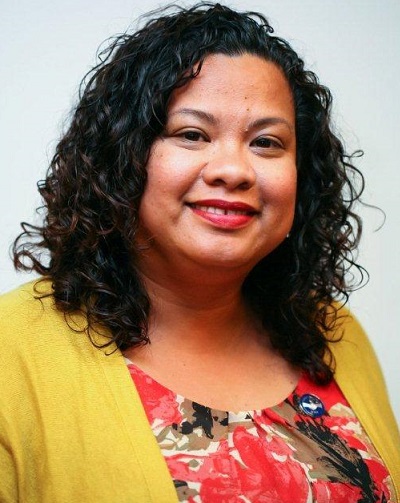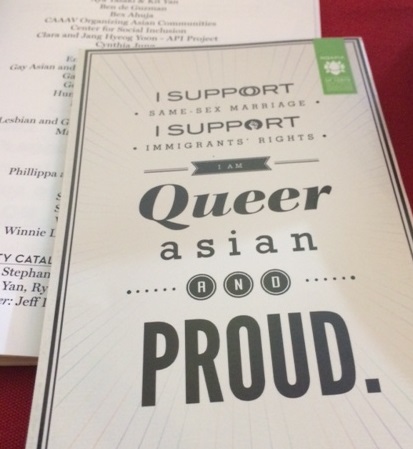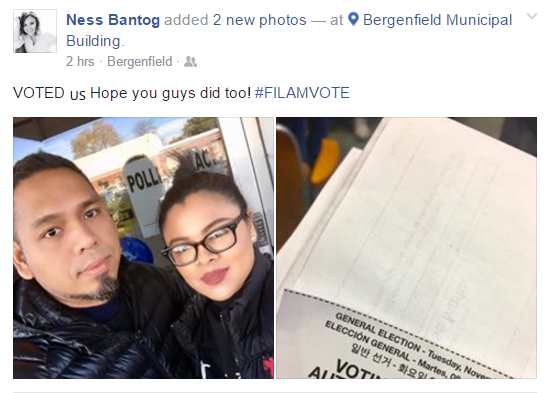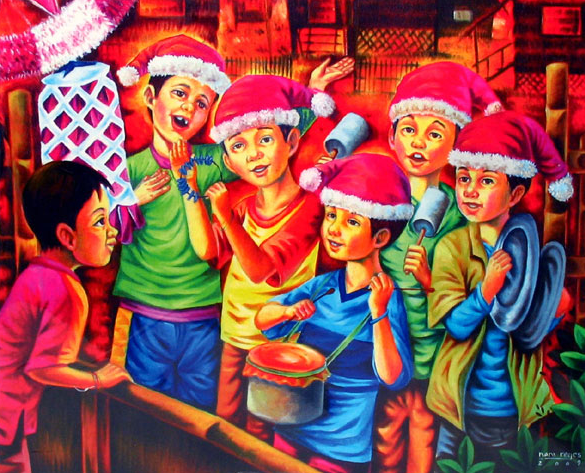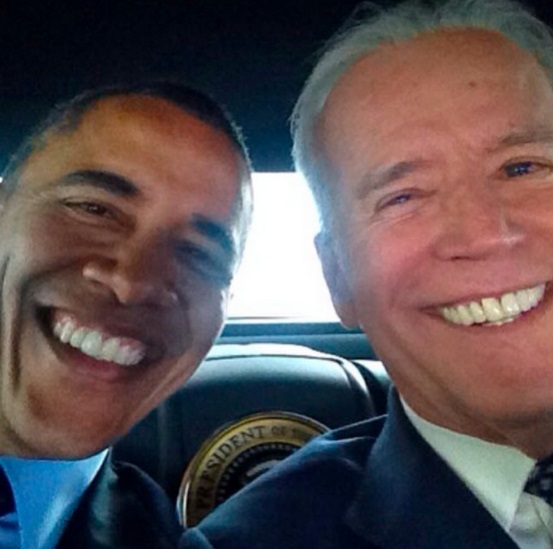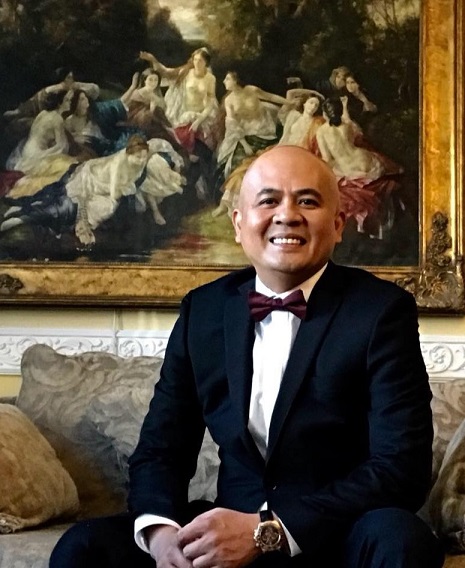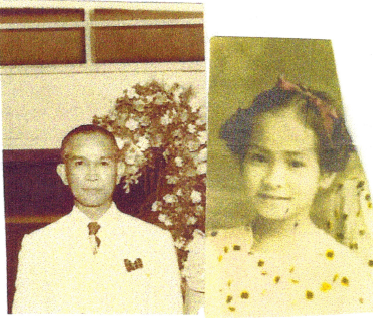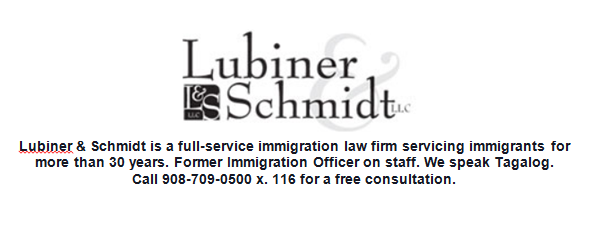As Father’s Day nears, I remember Papa and how I learned the English language through him
By Ludy Astraquillo Ongkeko, Ph.D.Mother’s Day and Father’s Day are separated by only a month but as celebrations go, the two events seem worlds apart.
When I first arrived on these shores in the very early sixties, I was struck by the fervent regard for Mother’s Day. Brunches were crowded. Ditto all other dining venues: all day, from early afternoon to evening.
Months before that one Sunday in May meant for Mother’s Day, many specialty and department stores proclaimed the significance of remembrances related to one’s mother through full-page ads that ran for weeks. Publication covers zeroed in on that one day in May.
My desire for information led me to find out why mothers, as parents, took precedence in this land. Motherhood included grandmothers, aunts, mentors, non-blood female relations, including foster mothers who took over the responsibility of homemaking.
One lover of sports made mention of how mothers have been regarded in a special manner over time.
“Do you ever notice how, when the camera focuses on the athletes who are asked to say something for the benefit of the television audience, the spontaneous reply, ‘Hi Mom,’ is the first greeting you hear? And if that ‘mom’ is watching that very sport right there, the camera turns the spotlight on that same figure too?”
Through the years, whenever I would watch sports on TV, I did notice how the same observation passed on to me was true.
With due respect to fathers, I did notice there were scarcely greetings that said, “Hi Dad!”
As I dwell on the significance of Father’s Day, I recall how Papa’s role was and has been since I learned how to read. I learned the English language from him. As soon as I could read, he asked me to read newspaper reports; later, as I progressed in silent reading, the editorials represented oral reading highlights.
When I would hesitate upon coming across a word or words I could not pronounce well, Papa had a standing rule: go to the dictionary. Then he would ask me to provide a brief summary of what I had read in as few sentences as possible, in my simple manner of comprehension. Although our ‘sessions’ together did not take place every single day, they were frequent enough.
Before I knew it, Papa would ask me to put my thoughts down in writing when I would describe pleasant experiences as they occurred. Then, he would encourage me to write to my older cousins who resided in various parts of the Philippines. Those writing experiences remain indelible.
While I was growing up, I was conscious that parenthood was not for mothers alone. Fathers purchased certain presents for their children as they browsed along stores.
When I went for the goals of higher education, I did look back and realized how my introduction to the printed and spoken words came from my father.
Today, it is very encouraging to see how fathers in this country have become dedicated and active participants in their children’s development.
If only for what Filipino fathers have rendered to their families today in America, particularly those who come from immigrant families and who braved an alien world in the quest for a ‘new life,’ not limited to economic opportunities, I have great hopes that Father’s Day celebrations in the near future will be well remembered.
In the midst of various ethnicities growing and contributing to what is America today, I am more than optimistic that a Parents’ Day will be on the near horizon.

